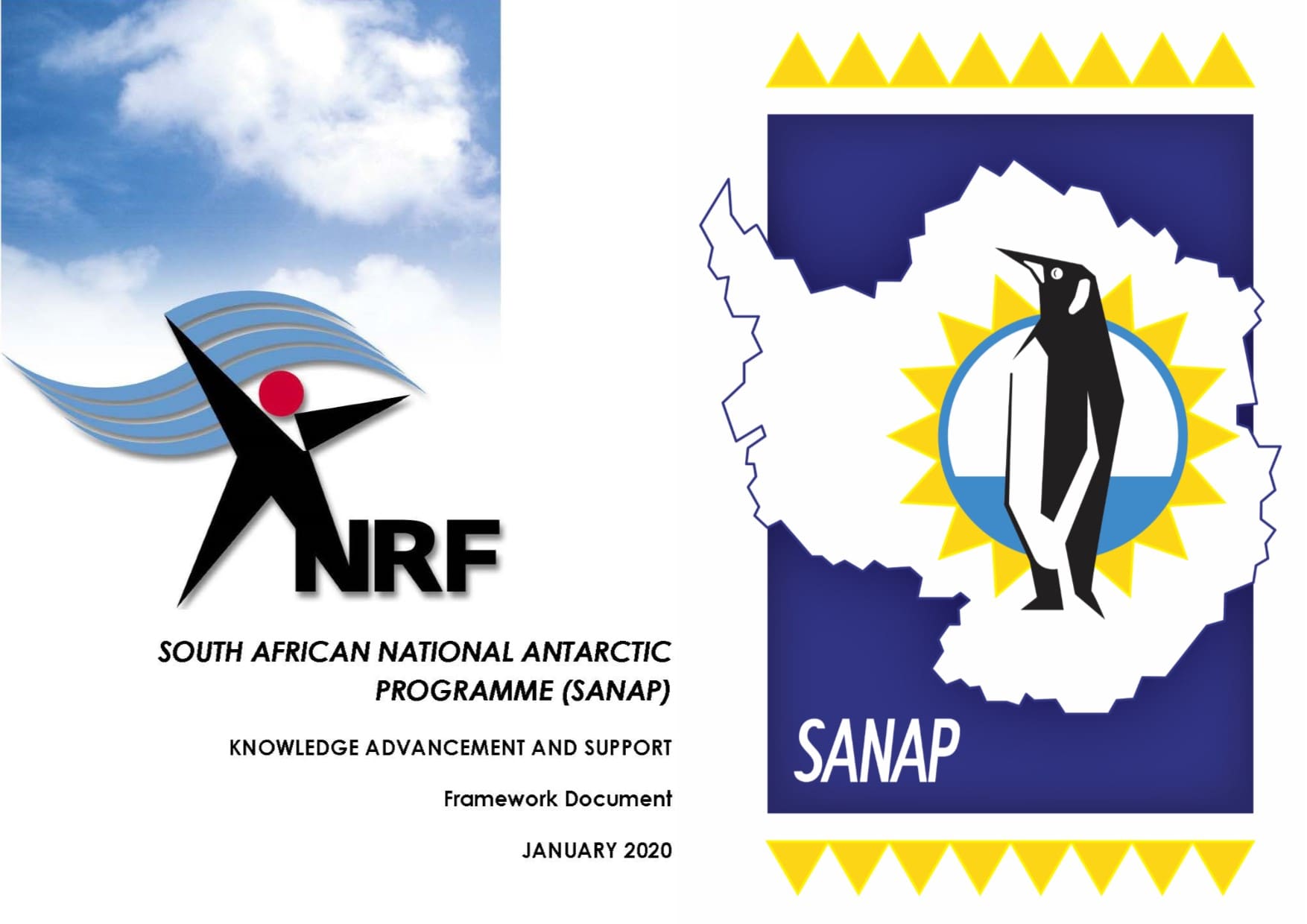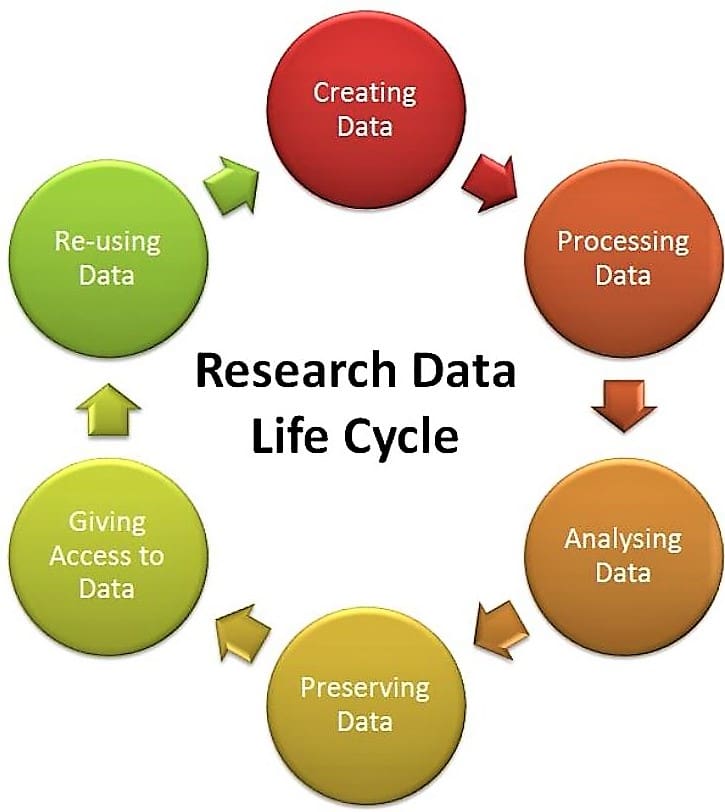 The Call for SANAP Proposal submission is 30 April. It is important that within the proposal principal investigators need to look at data management. Below information to help with the proposal.
The Call for SANAP Proposal submission is 30 April. It is important that within the proposal principal investigators need to look at data management. Below information to help with the proposal.
“The amount of time and money required for coding, checking, computerizing, and documenting the data is frequently underestimated in planning a study. Successful data management depends on a sound organization that has mapped out in advance all the data preparation, processing, and documentation steps and is ready to implement these steps when data collection is about to commence. In other words, the data management system should be fully operational before the project gets buried under an avalanche of incoming data that need to be coded, checked, and entered.” Data Collection and Analysis by M Stouthamer-Loeber & W van Kammen .
 The Marine and Antarctic Research Strategy (2016) states that “Data transfer, access and reliability remain a challenge when working in this research sector. Proper centralized management of data emanating from the ocean, Antarctica and the Islands is required to meet both national and international data requirements. Systems that make the data available to national and international users are required. This would require appropriate management, so as to guarantee the integrity of the data. Obviously, reliable access to this data would also be critical.”
The Marine and Antarctic Research Strategy (2016) states that “Data transfer, access and reliability remain a challenge when working in this research sector. Proper centralized management of data emanating from the ocean, Antarctica and the Islands is required to meet both national and international data requirements. Systems that make the data available to national and international users are required. This would require appropriate management, so as to guarantee the integrity of the data. Obviously, reliable access to this data would also be critical.”
The South African Antarctic and Southern Ocean Research Plan. 2014-2024 highlights data dynamics within SANAP. “Data transfer, access and reliability remain a challenge when working in the region. Proper centralized management of data emanating from the Southern Ocean and Antarctic is required, to meet both national and international data requirements. Systems that make the data available to national and international users are required. This would require appropriate management, so as to guarantee the integrity of the data. Obviously, reliable access to this data would also be critical.”
 Scientific Committee on Antarctic Data Management. “Data and information are valuable and irreplaceable resources. Proper management of data and information is not an “add-on” or an additional task; it is a fundamental aspect of modern science”.
Scientific Committee on Antarctic Data Management. “Data and information are valuable and irreplaceable resources. Proper management of data and information is not an “add-on” or an additional task; it is a fundamental aspect of modern science”.
 From the Department of Science and Innovation: “To complement the focus on global infrastructure in South Africa, a South African Research Infrastructure Roadmap (SARIR) has been developed to facilitate a research infrastructure investment programme. At the very least, information and communication technologies and data management services will be a fundamental part of every type of research infrastructure. Data-driven science implies that many of the research teams will base their scientific activity on the processing of collected data and remote access. Data management services are therefore essential to ensure the competitiveness of research groups.”
From the Department of Science and Innovation: “To complement the focus on global infrastructure in South Africa, a South African Research Infrastructure Roadmap (SARIR) has been developed to facilitate a research infrastructure investment programme. At the very least, information and communication technologies and data management services will be a fundamental part of every type of research infrastructure. Data-driven science implies that many of the research teams will base their scientific activity on the processing of collected data and remote access. Data management services are therefore essential to ensure the competitiveness of research groups.”
 NICIS And DIRISA Function within the department of Science and Innovation. The Data Intensive Research Initiative of South Africa(DIRISA) forms part of the National Integrated Cyber Infrastructure System(NICIS). DIRISA aims to Implement a Certified
NICIS And DIRISA Function within the department of Science and Innovation. The Data Intensive Research Initiative of South Africa(DIRISA) forms part of the National Integrated Cyber Infrastructure System(NICIS). DIRISA aims to Implement a Certified Trusted Repository for research data and to operationally deploy and maintain data services and virtual research environments. They aim to initiate the establishment of federated data repositories. DIRISA is required to formulate national strategic frameworks for data intensive research and data stewardship
Trusted Repository for research data and to operationally deploy and maintain data services and virtual research environments. They aim to initiate the establishment of federated data repositories. DIRISA is required to formulate national strategic frameworks for data intensive research and data stewardship
![]() The Research Management Services of South Africa provide support for qualitative Data Analysis. Qualitative data analysis for empirical and theoretical data for students and staff using ATLAS.ti. They offer analysis for any research project that includes code qualitative data, categorise data, provide thematic reports and offer advice on how to interpret these themes by invoking the theory/literature. (Contact info@rms-sa.org)
The Research Management Services of South Africa provide support for qualitative Data Analysis. Qualitative data analysis for empirical and theoretical data for students and staff using ATLAS.ti. They offer analysis for any research project that includes code qualitative data, categorise data, provide thematic reports and offer advice on how to interpret these themes by invoking the theory/literature. (Contact info@rms-sa.org)
Research Data Alliance announce that with the recent cancellation of Plenary 15 in Melbourne, Australia, the local organising committee, RDA Technical Advisory Board and RDA Secretariat the RDA Virtual Plenary 15 (VP 15), taking place 18 March – 10 April 2020. VP 15 will offer remote access to many of the sessions that were planned to take place in Melbourne.
local organising committee, RDA Technical Advisory Board and RDA Secretariat the RDA Virtual Plenary 15 (VP 15), taking place 18 March – 10 April 2020. VP 15 will offer remote access to many of the sessions that were planned to take place in Melbourne.






